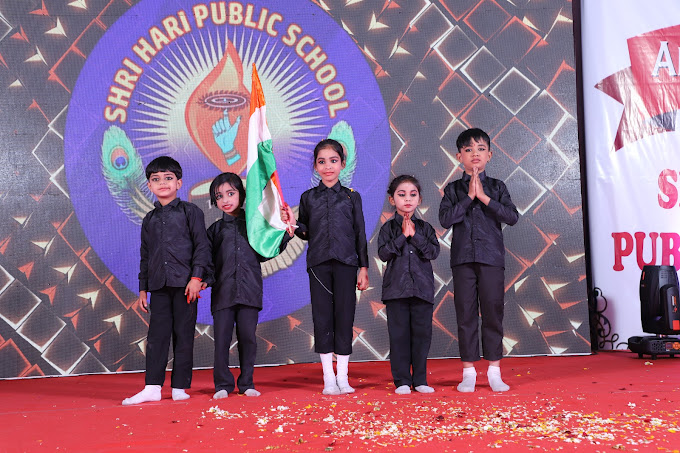Subtotal $0.00

In Class 4, the curriculum continues to build upon the foundational knowledge from earlier years, while introducing more complex concepts and encouraging critical thinking and creativity. Here’s a detailed overview of the subjects typically covered in Class 4:


Reading:
Writing:
Grammar:
Vocabulary:
Oral Skills:
Reading and Writing:
Grammar:
Vocabulary:
Oral Skills:
Numbers:
Arithmetic:
Geometry:
Measurement:
Data Handling:
Our Environment:
Living Beings:
Human Body:
Community and Culture:
Drawing and Painting:
Craft Activities:
Games and Sports:
Health Education:
Music:
Dance:
Interactive Learning: Use of visual aids, storytelling, and hands-on activities to make learning engaging and effective.
Play-based Learning: Incorporation of games and activities to reinforce concepts and make learning fun.
Assessment: Regular assessments through quizzes, classwork, and project work to monitor understanding and progress.
Monday - Thursday:8am - 4pm
Friday - Saturday:8am - 5pm
Sunday: Closed